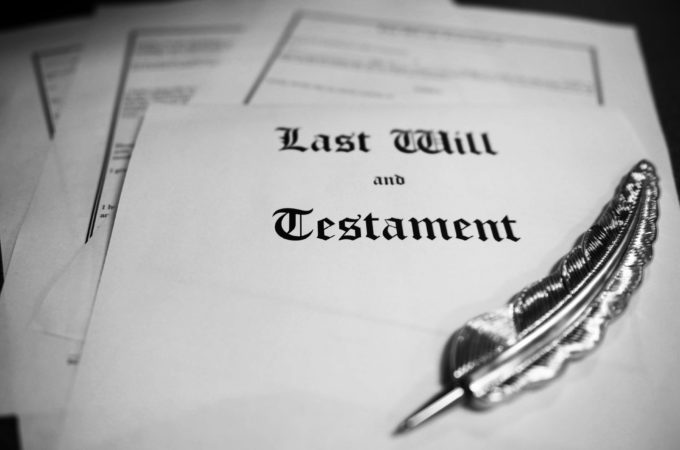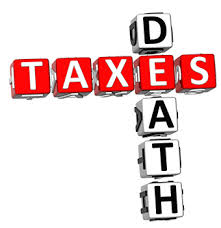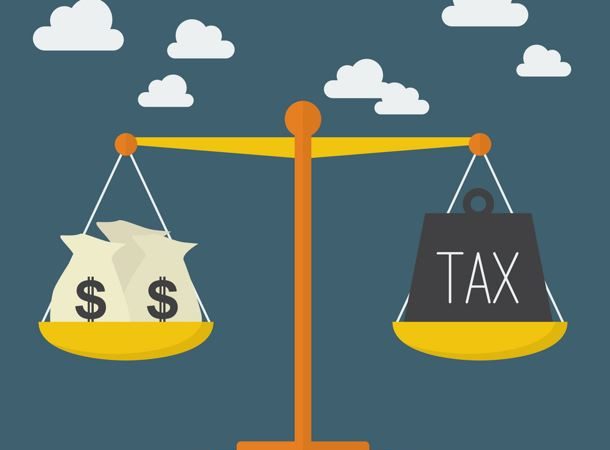There may be instances where a beneficiary has an immediate need to access funds held in trust yet, the terms of the trust prevent the trustees from proceeding with an income or capital distribution to such beneficiary. In such a situation, if the deed of trust grants the right to…
The small business deduction is a key tax incentive for entrepreneurs of small businesses. If the corporation qualifies as a Canadian controlled private corporation (commonly referred to as CCPC), the net federal tax rate for active business income is 9% on the first $500,000. The Income Tax Act (the “Act“)…
Corporately-owned life insurance is viewed as a key strategic option in tax and estate planning, notably for business owners. There are several strategic reasons to consider corporately-owned insurance as part of the estate plan, such as equalization among the beneficiaries of their estate or to fund the taxes triggered on…
Are you a U.K. citizen? A simple question that may trigger many additional questions from the estate advisor if the answer is, yes. Why? Canada and the U.K. impose income tax obligations on the basis of a taxpayer’s residency. However, the current U.K. Inheritance Tax (IHT) applies to the much…
Canadians often misunderstand (or are unaware) that the U.S. estate tax may apply to their estate. Indeed, if a Canadian dies owning U.S. situs assets with a gross value exceeding USD $60,000, their estate will have to file a U.S. estate tax return and, depending on the worldwide fair market…
Who is the settlor? A simple question but many take the answer for granted; essentially, the Deed of Trust indicates the settlor and a paragraph confirms the settlor’s intention and defines the settled property. A trust is established only upon the settlor expressing his or her wishes to create a…
Estate advisors looking at tax minimization and corporate restructuring of their clients’ affairs as part of their estate and wealth planning will now need to consider the new changes to the General Anti-Avoidance Rule (GAAR). Bill C-59 was introduced in Parliament on November 30th, 2023, and a section of the…
The U.S. gift tax is often overlooked by Canadians and their advisors. Most U.S. citizens living in Canada are aware of the U.S. estate tax and gift tax application. However, when it comes to Canadian residents who are not U.S. persons, only a minority are aware of the potential application…
When a non-resident of Canada generates rental income from a Canadian rental property, the tenant (or agent for the non-resident) must withhold 25% of the gross rental payment (unless a tax treaty reduces the withholding rate) and remit it to the Canada Revenue Agency by the prescribed date. It’s important…
When trustees distribute income of a trust to a non-resident beneficiary, they must be mindful of potential Canadian tax implications. Part XIII tax is a tax withheld at source when income is paid to a non-resident. For Canadian trust and estate purposes, Part XIII requires a non-resident beneficiary to pay…








